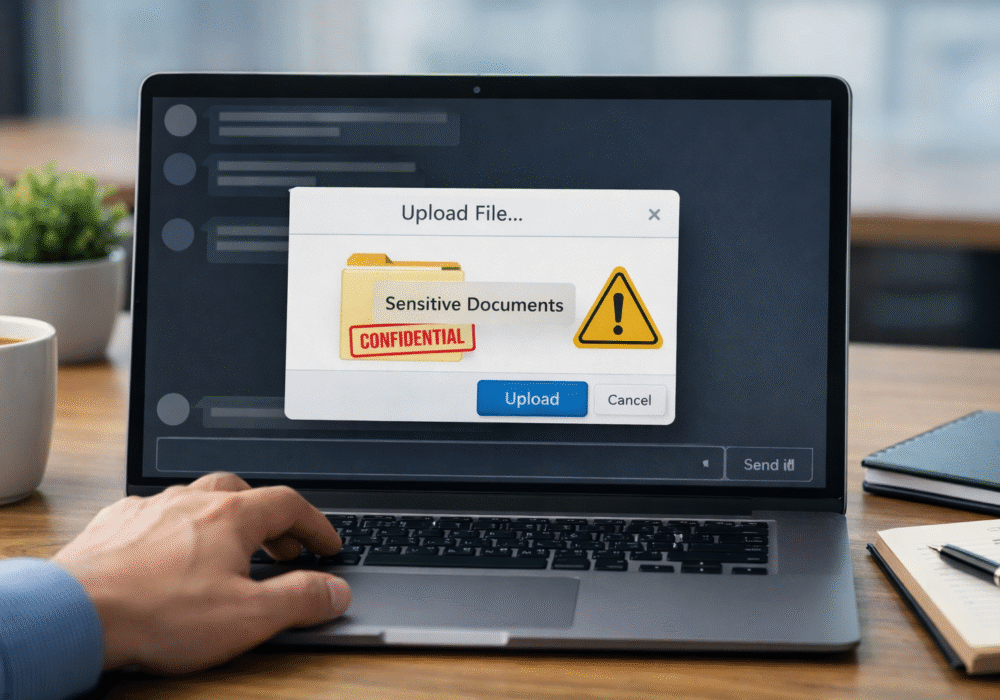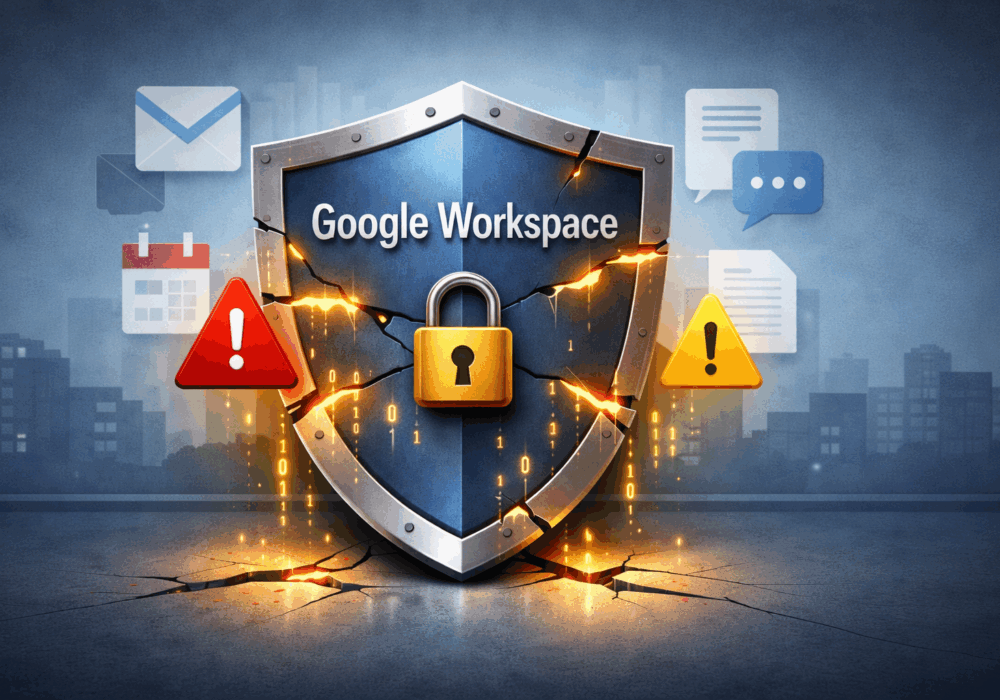An Emergency Data Request (EDR) is a procedure used by U.S. Law Enforcement agencies to obtain critical data from service providers in emergency situations where there is no time to get a subpoena. In the United States, when federal, state, or local law enforcement agencies want to obtain information about who owns an account at a social media firm, or what Internet addresses a specific cell phone account has used in the past, they typically must submit an official court-ordered warrant or subpoena.
Virtually all major technology companies and Internet Service Providers (ISPs) have departments that routinely review and process these requests. Such requests are only granted once proper documentation is provided and the requestor’s identity is verified out-of-band (not from the email requesting the data) as belonging to the actual police department or law enforcement agency.
Similar to phishing attacks that create a critical sense of urgency hoping that’s the catalyst for action on the victim’s part, hackers are making data requests of these organizations claiming imminent harm or death will result from inaction. Many times, legitimate investigating officers make what’s known as an “Emergency Data Request” (EDR), which essentially bypasses any official review and does not require the requestor to supply any court-approved documents. If tech companies do not validate the requestor in such circumstances, the hacker wins and gets critical data required to carry out their attacks.
Lawmakers in Washington, DC, have introduced a Bill To Combat Counterfeit Court Orders that would improve the current system in place for sending EDRs. It would require all federal, state, and tribal courts to use a digital signature for orders authorizing surveillance, domain seizures, and the removal of online content. Digital signatures use encryption technology to prove the authenticity of documents and other data, which are widely used by the private sector, executive, and legislative branches. The bill provides funding for state and tribal courts to adopt widely available digital signature technology that meets standards developed by the National Institute of Standards and Technology.
Until something like that is in place and implemented, there are actions your company can take to verify the legitimacy of these data requests:
Once this has been done, additional steps can be taken to verify the authenticity of the request, they include inspecting the following items:
Once the request has been confirmed as legitimate and authentic, your organization can take action and complete the request as needed.
Additionally, these recommendations below will help you and your business stay secure with the various threats you may face on a day-to-day basis. All of the suggestions listed below can be gained by hiring CyberHoot’s vCISO Program development services.
All of these recommendations are built into CyberHoot the product or CyberHoot’s vCISO Services. With CyberHoot you can govern, train, assess, and test your employees. Visit CyberHoot.com and sign up for our services today. At the very least continue to learn by enrolling in our monthly Cybersecurity newsletters to stay on top of current cybersecurity updates.
Sources:
Additional Reading:
Fake Emergency Search Warrants Becoming a Problem
CyberHoot does have some other resources available for your use. Below are links to all of our resources, feel free to check them out whenever you like:
Note: If you’d like to subscribe to our newsletter, visit any link above (besides infographics) and enter your email address on the right-hand side of the page, and click ‘Send Me Newsletters’.
Discover and share the latest cybersecurity trends, tips and best practices – alongside new threats to watch out for.

Cyberattacks usually start with phishing emails or weak passwords. This one did not. Security researchers...
Read more
Not surprising when Trouble Ensues Last summer, the interim head of a major U.S. cybersecurity agency uploaded...
Read more
And How to Fix Them Let me make an educated guess. You moved to Google Workspace because it was supposed to...
Read moreGet sharper eyes on human risks, with the positive approach that beats traditional phish testing.
